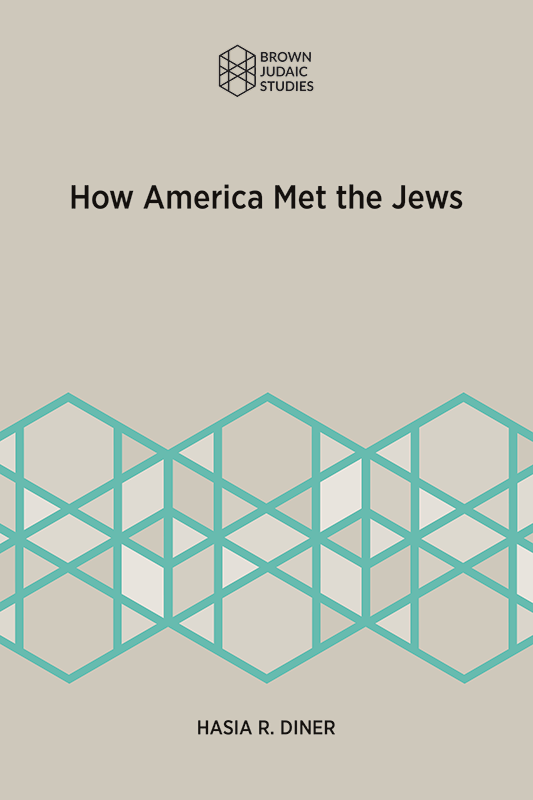Monograph
Edition(s):
Explore how American conditions and Jewish circumstances collided in the nineteenth and early twentieth centuries
 In this new book award-winning author Hasia R. Diner explores the issues behind why European Jews overwhelmingly chose to move to the United States between the 1820s and 1920s. Unlike books that tend to romanticize American freedom as the force behind this period of migration or that tend to focus on Jewish contributions to America or that concentrate on how Jewish traditions of literacy and self-help made it possible for them to succeed, Diner instead focuses on aspects of American life and history that made it the preferred destination for 90 percent of European Jews.
In this new book award-winning author Hasia R. Diner explores the issues behind why European Jews overwhelmingly chose to move to the United States between the 1820s and 1920s. Unlike books that tend to romanticize American freedom as the force behind this period of migration or that tend to focus on Jewish contributions to America or that concentrate on how Jewish traditions of literacy and self-help made it possible for them to succeed, Diner instead focuses on aspects of American life and history that made it the preferred destination for 90 percent of European Jews.
Features:
- Examination of the realities of race, immigration, color, money, economic development, politics, and religion in America
- Exploration of an America agenda that sought out white immigrants to help stoke economic development and that valued religion as a force for morality
Hasia R. Diner is the Paul S. and Sylvia Steinberg Professor of American Jewish History at New York University, with a joint appointment in the departments of history and the Skirball Department of Hebrew and Judaic Studies. She is also the Director of the Goren Center for American Jewish History. She is the author of numerous published books, including We Remember with Reverence and Love: American Jews and the Myth of Silence after the Holocaust, 1945–1962(2009), winner of the National Jewish Book Award in American Jewish Studies and winner of the Saul Veiner Prize for the outstanding book in American Jewish History. She is also the author of Roads Taken: The Great Jewish Migration and the Peddlers Who Led the Way (2015).